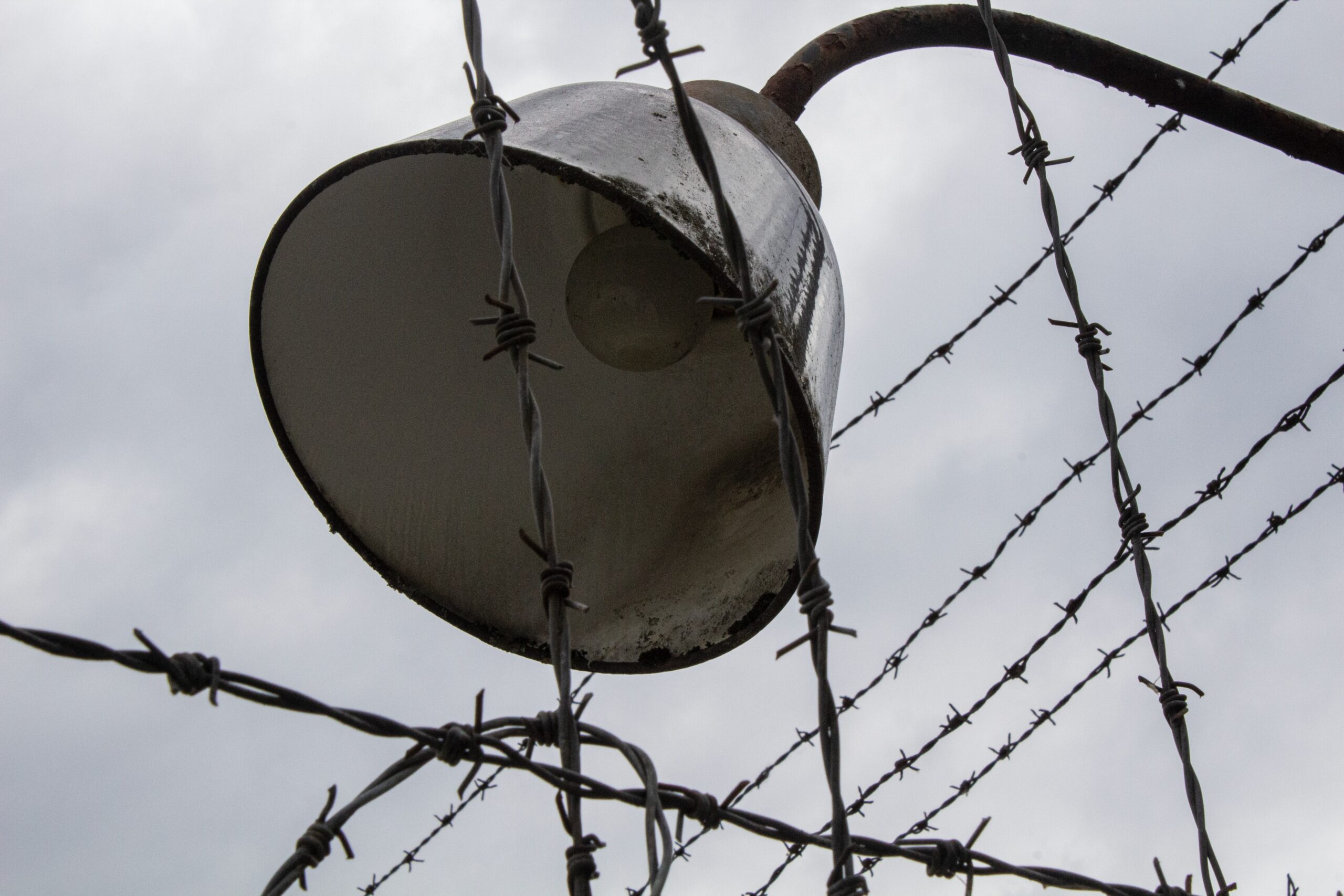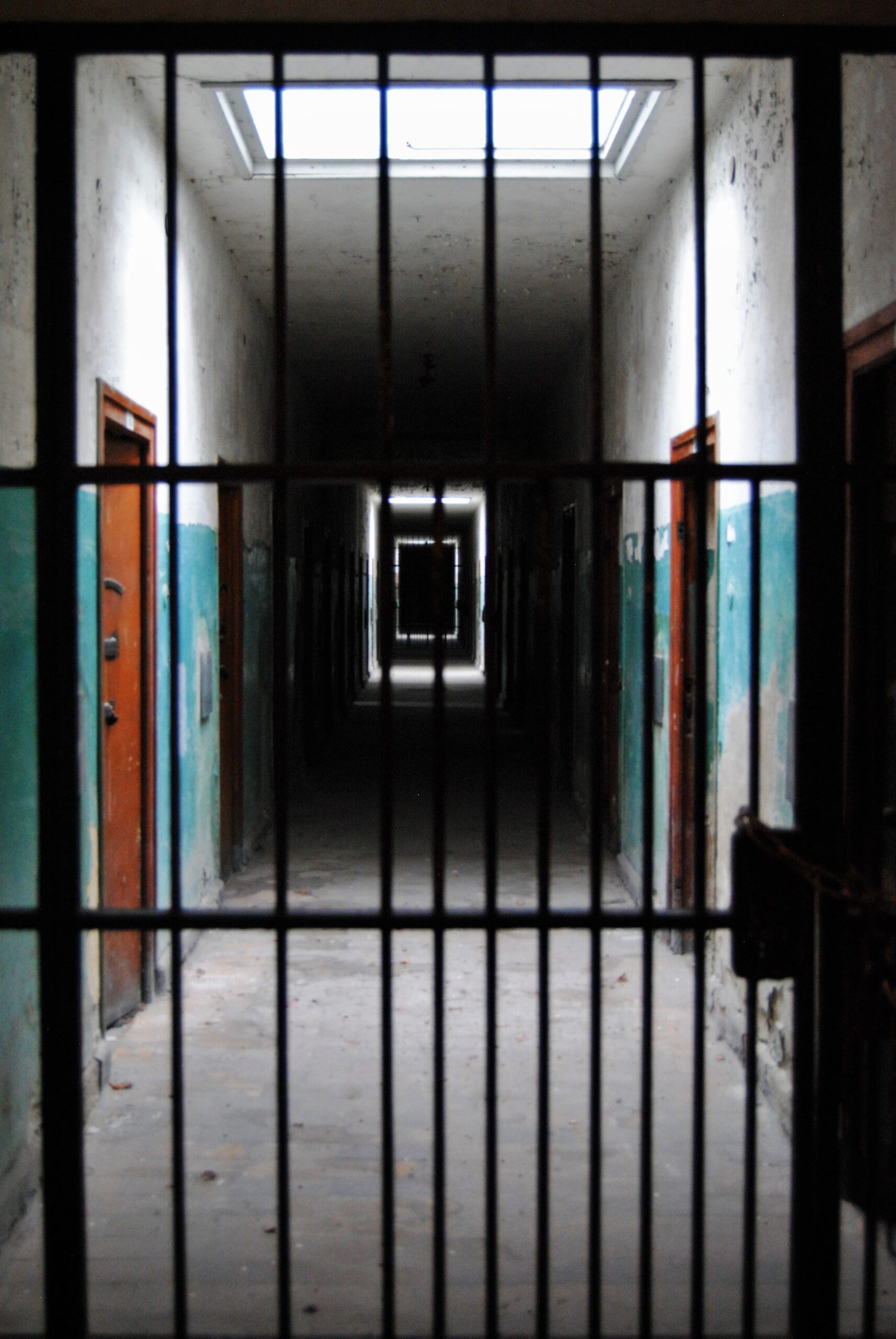Das Croaticum an der Universität Regensburg: Kroatische Sprache, Identität und Mehrsprachigkeit
The Croatian language in Regensburg is present not only as a subject of study but also as an important part of the linguistic and cultural identity of the local community. At the University of Regensburg, the Croaticum – Center for Croatian Language and Culture – offers Croatian language courses to students of various degree programs, as well as to students from Croatian families who wish to reestablish or deepen their connection with their heritage language
read article
